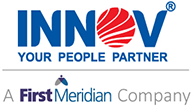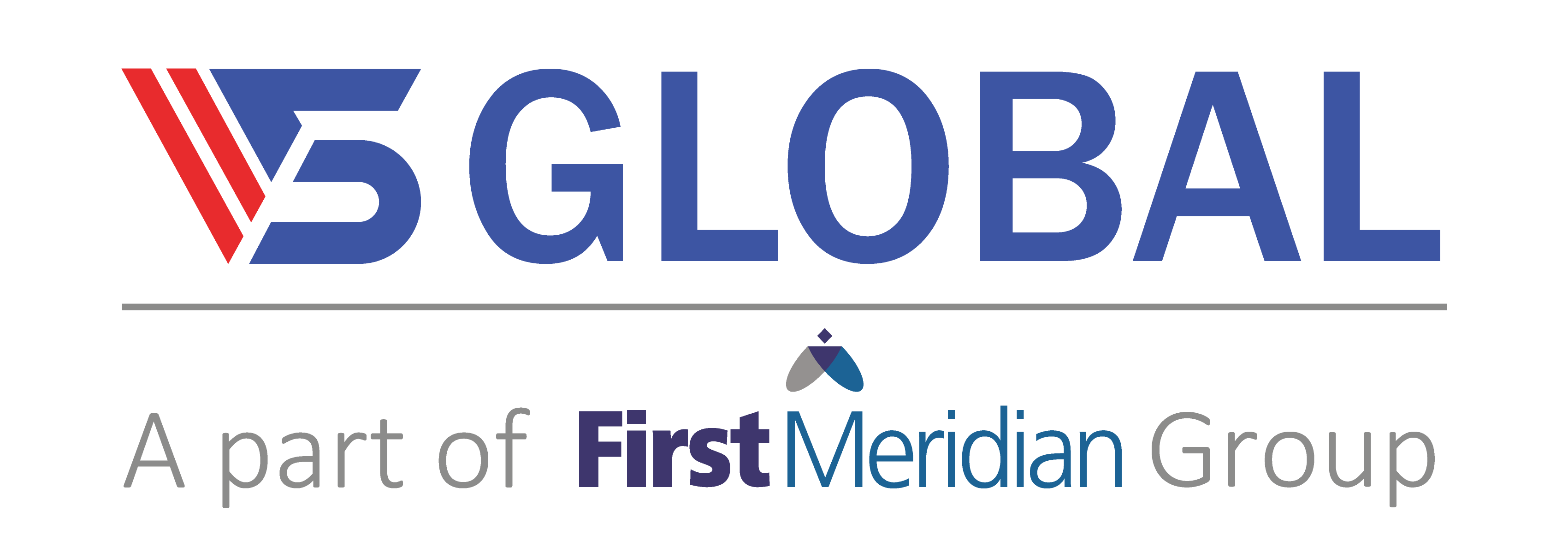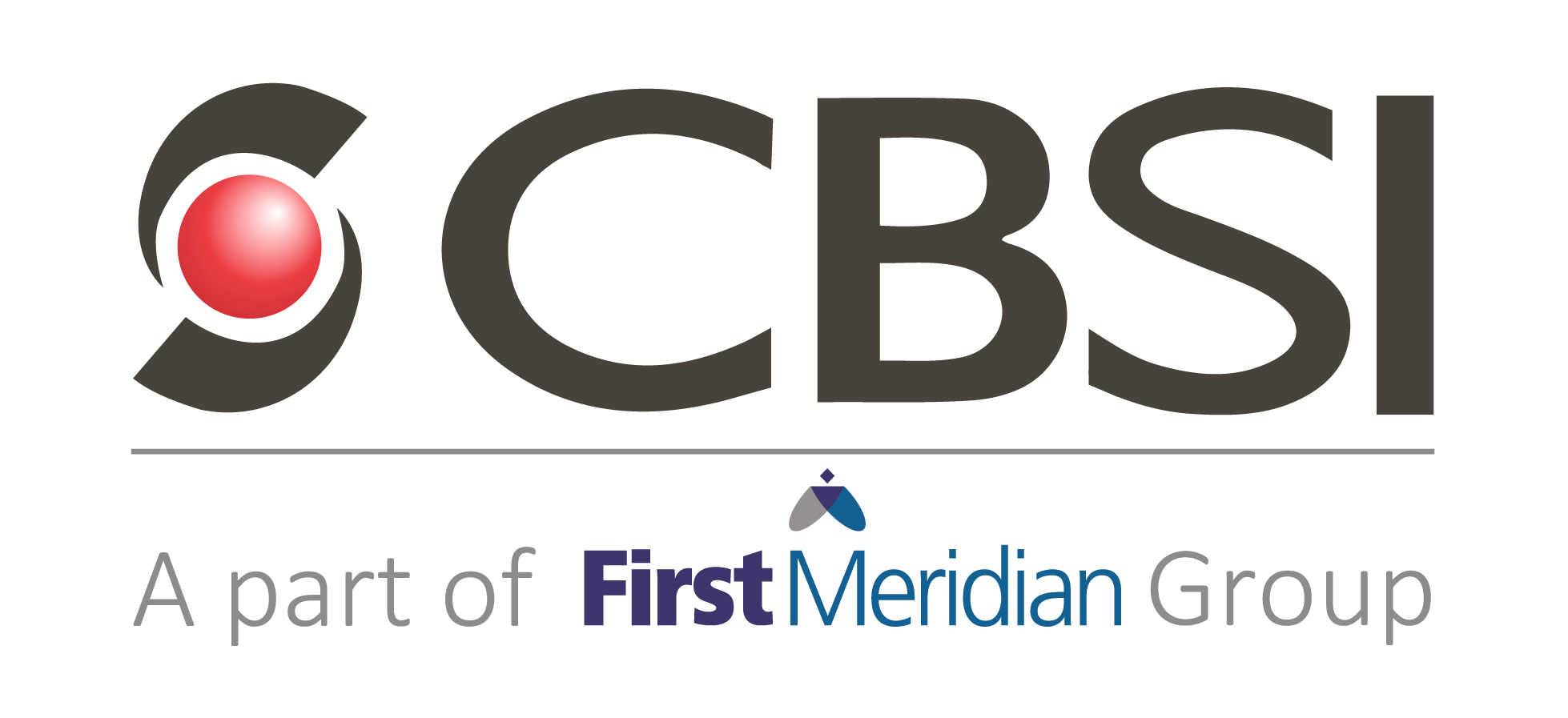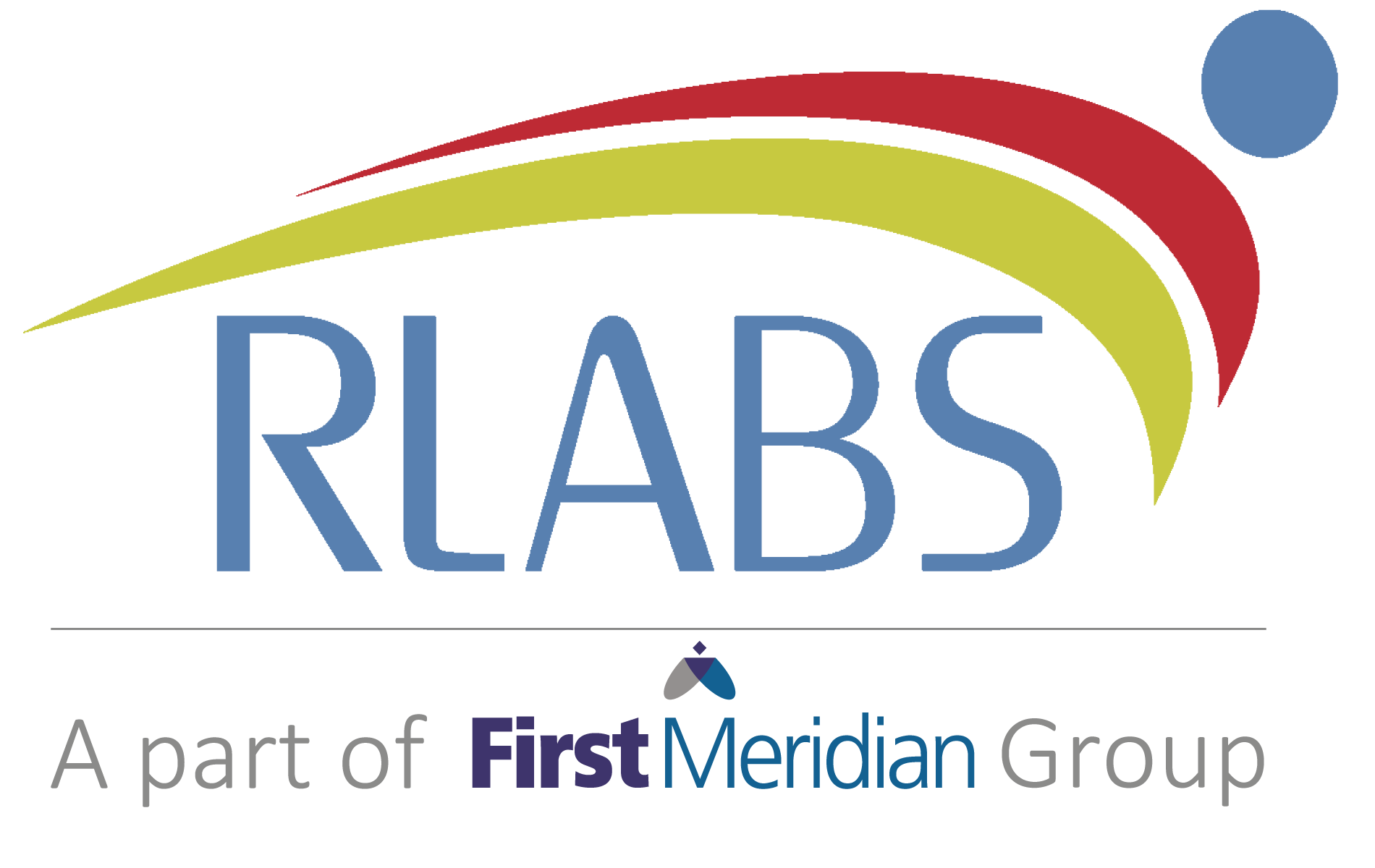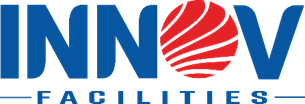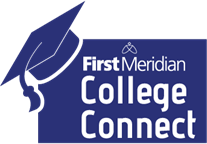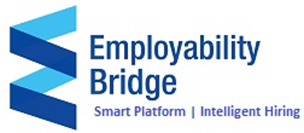Unless you have been living in total isolation, you know that technology is disrupting the way we work. Breakthroughs in artificial intelligence (AI) are making millions of jobs redundant. The only way to be employable is if you have skills that are relevant and have not been replaced(yet) by technology. Continuous learning and reskilling do help; but is there something that is more basic and fundamental to stay relevant? A recent Deloitte Insights report makes the case that human capabilities are the key to create new values; and skills merely follow capabilities.
Is it time to take a hard look at the recruitment process and ensure that it is geared towards assessing capabilities?
What is the difference?
Capabilities are observable human attributes that are demonstrated independent of context.
Skills are tactical knowledge or expertise needed to achieve work outcomes within a specific context.
Source: “Skills Change, Capabilities Endure” Deloitte Insights
Why are capabilities important today?
The Fourth Industrial Revolution is forcing organizations to relook at the way they operate. Regardless of the kind of business, the epicentre of the economy are customers and providing highly personalized services to customers. Says Klaus Schwab, Founder and Executive Chairman, World Economic Forum, “A world of customer experiences, data-based services, and asset performance through analytics, meanwhile, requires new forms of collaboration, particularly given the speed at which innovation and disruption are taking place. And the emergence of global platforms and other new business models, finally, means that talent, culture, and organizational forms will have to be rethought”.
Given the era of increased personalization; it stands to reason that standardization is very last century! For organizations to quickly adapt to the fast-paced environment; the focus must be on equipping their employees with the newer specialized skills on an ongoing basis. It would be impossible to recruit for all the current and foreseeable skillsets. It makes better business sense to recruit on the basis of the ability to acquire these skills viz. “capabilities.”
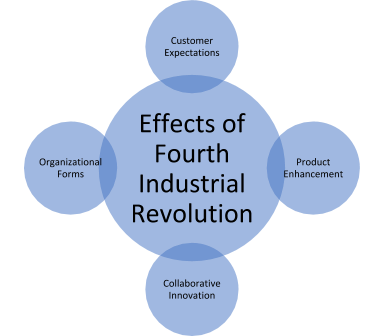
Figure 1: Effects of Fourth Industrial Revolution on Business
What are capabilities?
Capabilities help us to acquire skills that are needed for a particular task. A scientist may require the skill set of “conducting research”; but the driving force behind that skill is “curiosity” and “critical thinking”. Likewise, a Sales Executive is expected to sell to a customer using their communication and persuasive skills; but the underlying capabilities are “empathy” and “Social intelligence.”
There are two types of capabilities: Innate & Developed. As the names imply, those capabilities that we are all born with are called innate capabilities and those that we develop over time are called developed capabilities. These are not stand alone; but are deeply interconnected.
Conditions: organizational culture and mindset influence, if, and how, we demonstrate capabilitiesSource: Deloitte Analysis.
How do we develop capabilities?
Developing capabilities does not involve training programs or huge investments. Capabilities are innate and is not restricted to certain individuals. What differentiates individuals is the degree to which the capabilities are honed. In an organizational setup, this depends on the work environment, the leadership, practices and systems and freedom of expression. Organizations tend to smother an individual’s capabilities by restrictive policies and squashing their inherent creativity.
Identifying these policies or factors will be the first step to develop capabilities. The next step is to have the complete backing of the leadership team, not just in words; but also, by deeds. If the leaders create an environment that builds and develops the capabilities of their team members; there will be a definite positive impact on the organization.
End Note
As emerging technology makes many jobs obsolete; organizations must necessarily restructure and re-allocate tasks. Recruiting for skills will no longer be a feasible strategy. The organizations that will stay relevant are those that recruit for capabilities rather than skills.
“Across industries, organizations that embrace, nurture and cultivate enduring human capabilities throughout their workforce will likely have a strategic advantage, because their people will have the mindset and disposition toward rapid learning that is required to thrive in an environment of constant disruption.” Deloitte Insights.
